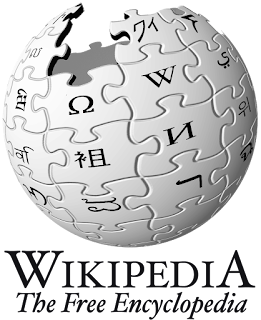Reading Notes: Mahabharata Part D
These are reading notes of the PDE of the Mahabharata. The section Bhishma Falls starts off with a really vivid description of his powerful state at the beginning the last part of the Mahabharata. He is described as an "elephant which treads down the marsh reeds" and a "fire which burns up a dry and withering forest." These descriptions really illustrate not just the power of Bhishma but also the damaging nature of that power. It is important to give the appropriate connotations to descriptions.
I will say Bhishma died with thoughts and wishes for peace, which is nice.
More poetry mixed in the prose! The descriptions of Arjuna and Karna's arrows, while they are waging their great, climactic battle, is beautiful in a sinister kind of way. They are described as, "summer rain" and "like singing snakes, and they drank blood." I really like this use of language. I can vividly see the arrow squirming towards Arjuna. It is a violent use of language, but I still appreciate the description. Oh no! Karna died. It is ironic that Arjuna was angered enough to kill his brother by the threat to his son. One family member died in place of the other.
I like the personification of the pale stars in the Raid section when Ashwatthaman tries to kill the Pandavas while they sleep. Nature is still as everyone is dying. Personifying nature as observing human chaos puts the madness in perspective and makes it seem all the more ridiculous and violent.
Duryodan's death would be a good one to include in my storybook because there is a lot to learn there. He dies with vengenacne in his heart, which is considered a happy death. However, I would write that his violent energy would stay with him into his next life and the memory and life of his enemy will continue.
There is something heartbreakingly good about people with nothing still giving what they have. This level of selflessness is a beautiful thing and is something mother nature will definitely use in my storybook. This is especially true for food and hunger because every reader can empathize with this feeling.
I will say Bhishma died with thoughts and wishes for peace, which is nice.
More poetry mixed in the prose! The descriptions of Arjuna and Karna's arrows, while they are waging their great, climactic battle, is beautiful in a sinister kind of way. They are described as, "summer rain" and "like singing snakes, and they drank blood." I really like this use of language. I can vividly see the arrow squirming towards Arjuna. It is a violent use of language, but I still appreciate the description. Oh no! Karna died. It is ironic that Arjuna was angered enough to kill his brother by the threat to his son. One family member died in place of the other.
I like the personification of the pale stars in the Raid section when Ashwatthaman tries to kill the Pandavas while they sleep. Nature is still as everyone is dying. Personifying nature as observing human chaos puts the madness in perspective and makes it seem all the more ridiculous and violent.
Duryodan's death would be a good one to include in my storybook because there is a lot to learn there. He dies with vengenacne in his heart, which is considered a happy death. However, I would write that his violent energy would stay with him into his next life and the memory and life of his enemy will continue.
There is something heartbreakingly good about people with nothing still giving what they have. This level of selflessness is a beautiful thing and is something mother nature will definitely use in my storybook. This is especially true for food and hunger because every reader can empathize with this feeling.
Barley by Carl Davis on Wikimedia Commons



Comments
Post a Comment